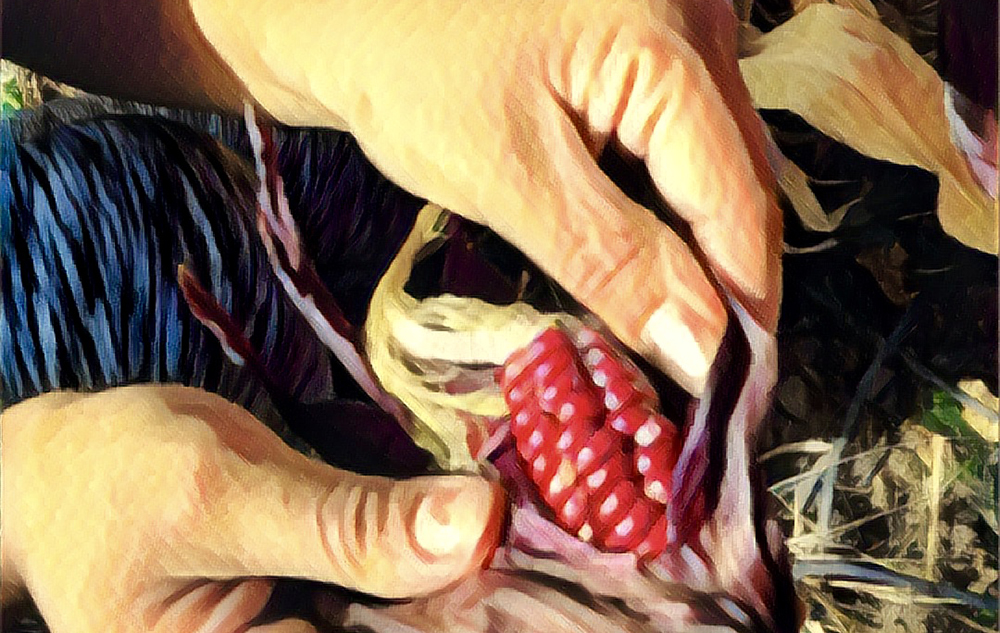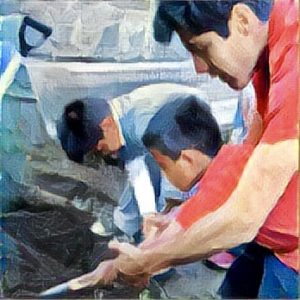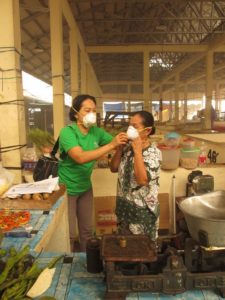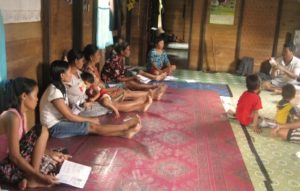Illène Pevec is the founder of A Child’s Garden of Peace. Read her book and learn about the philosophy and experience behind this wonderful Susila Dharma Project
Find Growing a Life on Amazon.comPart engaging conversation, part comprehensive fieldwork, Growing a Life demonstrates just how influential school and community gardening programs can be for adolescents. Readers follow author Illène Pevec as she travels from rural Colorado to inner New York City, and from agrarian New Mexico to urban Oakland, California, to study remarkable youth gardening programs for at-risk teens. Expressive candid interviews with more than eighty students, substantiated by relevant neuroscience research and a framework of positive psychology, explain the life-altering physical and emotional benefits of gardening.
 As students share their experiences tending the soil and the plants, feeding their families and their communities, and guiding younger children, readers are given the opportunity to examine the largely unexplored topic of mentored urban gardening. Growing a Life will inspire educators, community leaders, and youth to team up and establish community gardens where they do not already exist and to involve youth in existing gardens.
As students share their experiences tending the soil and the plants, feeding their families and their communities, and guiding younger children, readers are given the opportunity to examine the largely unexplored topic of mentored urban gardening. Growing a Life will inspire educators, community leaders, and youth to team up and establish community gardens where they do not already exist and to involve youth in existing gardens.
Gardening has changed my perspective in a whole lot of ways. . . . I have applied that to my family, and I taught them. And they were proud of me. Not only was I not on the streets, I was doing something positive for my community. – Julio, 18, gardenign since age thirteen with Oakland Leaf
Illène Pevec, PhD, initiated her first award-winning gardening program in 1998 at an elementary school in Vancouver, Canada. Since then, she has gained national and international recognition for her work in the United States, Canada, and Brazil reconnecting children to nature. Growing a Life is her first book.




